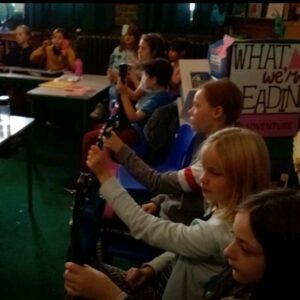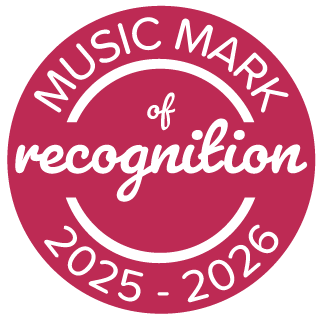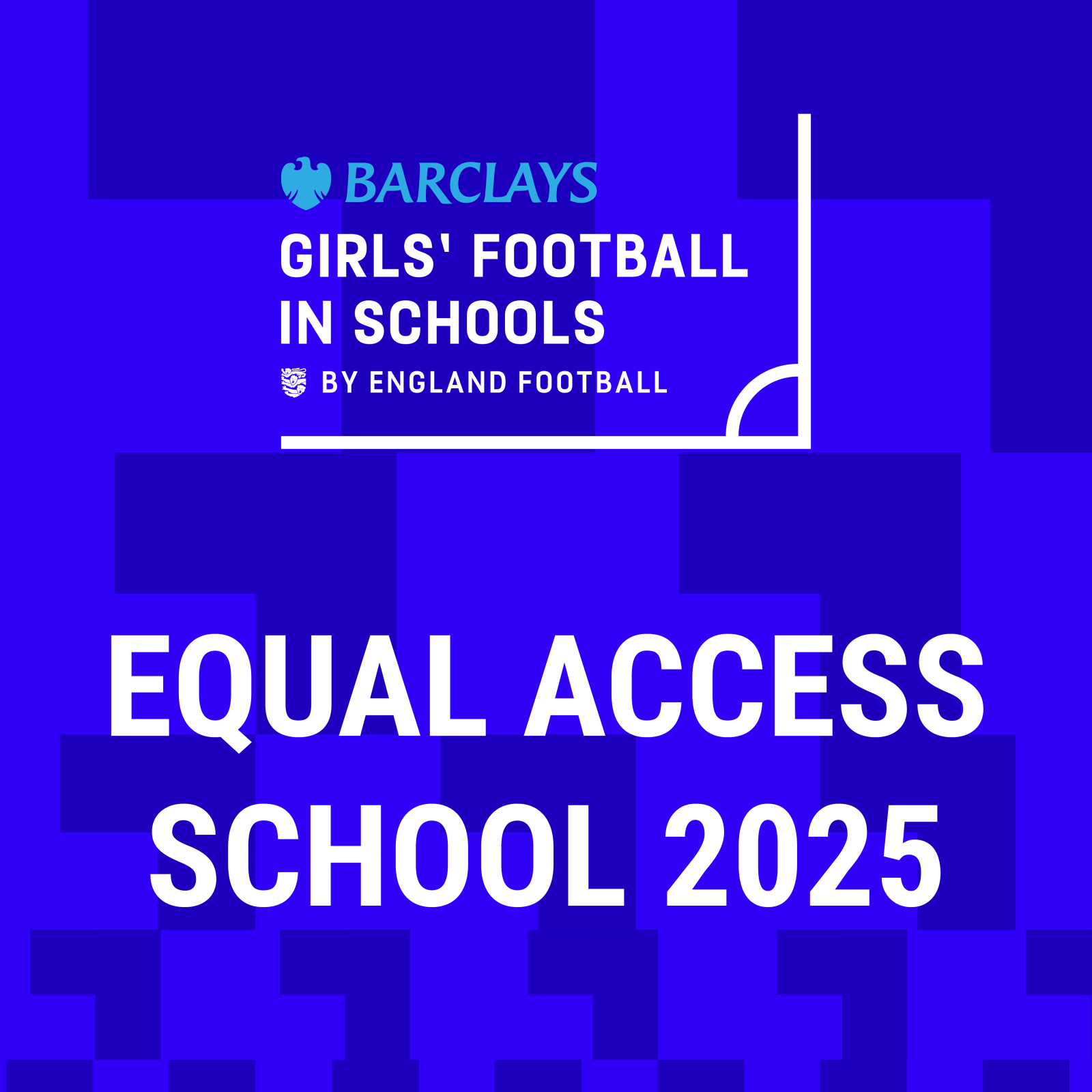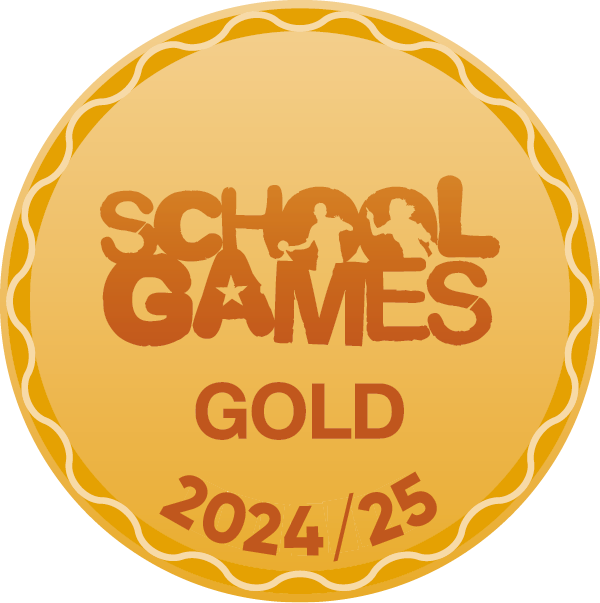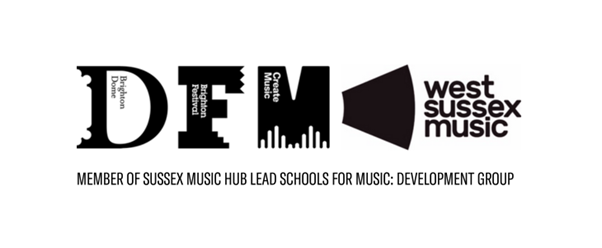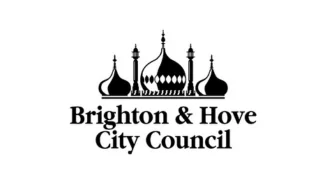Subjects
English
At St Luke’s Primary School, we love literacy! We aim for all children to become confident, skilled and creative users of language. Our curriculum includes: speaking and listening; reading; writing; spelling and handwriting.
Writing
Writing is such an essential life skill and we aim to ensure all our children leave St Luke’s being able to write with confidence, fluency, imagination and enthusiasm. We use exciting starting points to enthuse our children about writing. This might take the form of a surprising discovery when they come into classroom, an unusual image, a film clip or an object, as well as quality stories, poems and non-fiction. Initially, some of the knowledge and skills the children need to be effective writers are developed through a story telling curriculum which teaches the children about 7 basic plot types, such as quests or ‘rags to riches’ tales. As they get to know the plots well, the children use these to write their own stories. Alongside this, non-fiction skills and techniques are also taught.
As the children progress through the school, they continue to have a range of engaging writing experiences, such as writing imaginatively about Egyptian tombs, persuading people to come to local attractions, reporting on remarkable events involving flying toads or designing their own dragon. Through this, their experience of different kinds of writing is deepened and developed. The children discuss what makes a particular piece of writing effective and link this with their own learning. They become much more independent and reflective about their own writing and that of others – something they are really proud of!
At St Luke’s, there is an emphasis on pupil voice. In writing, the children are encouraged to make choices about what they write based on their own knowledge and interests. The story telling curriculum really supports this as the children can use a familiar plot type but write about something that appeals to them. With that sense of ownership, we believe the children will become more engaged, independent and ultimately more highly skilled writers.
Once the children enter year one, we begin to teach the children to edit their writing, often with the help of an ‘editing buddy’. This starts with focusing on one target (such as spelling particular common words or forming a letter correctly) and becomes more sophisticated as the children grow their writing skills. By the time they are in the upper juniors, they can improve the content of their (and their editing buddy’s) writing as well as correct punctuation, grammar and spellings. We teach the children to be unafraid of mistakes and to see editing as an important and enjoyable part of the writing process.
Want to know more? Read our writing policy here.
Spelling
We believe that good spelling is an essential skill which allows the children to communicate their understanding. To make sure children become effective and confident writers, we teach them to use a range of strategies including learning spelling patterns and tricky words. Children also bring home spellings to learn. We particularly want the children to develop a love of language and the confidence to spell more challenging and ambitious words.
Reading
You can find detailed information here.
Handwriting
You can find detailed information here.
Maths
All children have a daily Maths lesson, which includes mental and written maths activities. We plan thoroughly for a variety of activities which extend children’s skills and understanding of number, algebra, shape, space, measures, data handling and investigative work. Children become confident in using mathematics in a broad variety of real life situations and in using a range of strategies to solve problems. We regularly hold special Maths Weeks. We are aiming to be a Lead Maths School for the Authority
Science
Our aim is for our topics to begin with what the pupils already know. We build and develop these ideas as we move through each topic. Most topics will include an element of exploration and question raising. From these initial starting points, we plan a range of practical experiences which are designed to reinforce their conceptual understanding. These experiences could include a visit from an expert, a field trip, handling sessions, exploration, investigations and teacher led demonstrations.
All pupils are encouraged to develop strong and positive relationships with their peers. The development of learning core scientific vocabulary is integral to pupils being able to explain and understand concepts clearly. Pupils are encouraged to be curious, make observations and ask questions about what they notice. Many opportunities are provided for children to co-construct knowledge alongside their peers, helping the whole community to come to a common understanding of the concepts covered. The children are encouraged to view mistakes positively and, where possible, to follow up their own lines of enquiry.
Ultimately, our aim is for our children to understand how their own lives are connected within a global context and these experiences will enable them to forge their own way in a rapidly changing world.
Computing
What was previously known as ICT is now known as Computing to reflect the increased emphasis on programming or coding. At St. Luke’s we build on Early Years exploration to develop a range of code experiences right through KS2. These include programming languages like Scratch and HTML which allow children to design and create games or control robots and equipment; and build websites, respectively. Children also use a variety of real and virtual programmable robots to support their learning in positional language, understanding of angle, co-ordinates, etc. This is all built on developing logical reasoning, problem solving and collaborative learning. Importantly, we are also ensuring that technology continues to be used by all children to support, extend and enhance their learning across the whole curriculum on a regular basis. We utilise up to date cloud based technologies for presentation of ideas and research and different devices suited to purpose e.g. tablets for animations and research. We have a well maintained broadband connection and a high spec wireless network. There are banks of laptops on each floor; interactive whiteboards/televisions in every classroom and learning space; and digital microscopes, cameras, visualisers and data loggers all of which are used continually across the school. We have video conferencing and interactive animation facilities which allow the children to engage with experts and real time moving characters to bring history (and other subject areas) to life. We are continually reviewing our use of our website to maximise the link between school and home learning and develop the children’s communication skills through blogging and discussion forums. We make extensive use of Seesaw to keep parent/carers in touch with their child’s learning, document our learning journeys and improve communication.
You can find out more about some of the computing science we do here.
PSHE – Personal, Social and Health Education
PSHE enables our pupils to build respectful friendships and relationships and to develop skills to keep themselves and others healthy and safe now and in the future. PSHE includes topics such as mental health and well-being, anti- racism, gender equality, disability equality education, relationship and sex education and drugs, alcohol and tobacco education and much more! Please see the PSHE policy and curriculum map for an overview of all PSHE topics. The PSHE curriculum also promotes attributes such as kindness, respect, consent, resilience, independence and caring and critical thinking (for example, recognising and safely challenging stereotypes, prejudice and discrimination). PSHE provides opportunities to learn new knowledge and practise skills that children can confidently use in real life situations on and offline. We deliver PSHE in weekly lessons and in every class. You can find resources and information about Relationships and Sex education by clicking here.
At St Luke’s we are proud to be meeting the new Department for Education guidance for Relationships, Health and Sex education ( 2019) and contributing to the Equalities Act (2010) duties on schools, through our PSHE curriculum. Additionally, our governing body have expressed their continued support for…“the school’s proactive approach to the teaching and learning about Sex and Relationships. We feel the curriculum provides the children of St Luke’s with the knowledge and skills they need to understand their feelings, their bodies and their relationships, and to keep themselves safe. We are confident that the curriculum is robust and evidence based and inclusive of all our communities.”
Art and Design
At St. Luke’s we aim to nurture children’s enjoyment and appreciation of the visual arts. Children develop their understanding and skills in printmaking, drawing, collage, 3D work, textile and painting through a range of engaging cross-curricular projects. An important part of the learning process includes experimentation and an exploration of ideas within groups and/or individually. The curriculum is further enhanced by educational visits, arts weeks and projects with the local community. We have received the Silver Artsmark Award from the Arts Council.
History
History is often taught through the creative curriculum; linked to a wide range of other subjects. Through their learning (which is enriched with historical artefacts, visits, visitors, music and drama), children develop an understanding and appreciation of the past and how it relates to their present life. The children explore a wide range of sources in their roles as history detectives / researchers. They are encouraged to be critical and reflective thinkers and to follow their own lines of enquiry as they consider the global impact of past events on the world today.
Geography
Through geographical enquiry, the children will learn about the physical processes and human activities which shape their immediate surroundings as well as the wider world. We aim to raise children’s awareness of their roles and responsibilities in relation to their environment and to help them to develop a sense of identity through learning about the UK and its connection with the rest of the world.
Global Citizenship
Global citizenship is at the heart of our school and our relationships. We want our children to see themselves as active citizens who seek to make the world a better place. Global citizenship is a core theme running throughout the curriculum, tackling areas such as diversity, social justice, sustainability, peace and conflict and globalisation. St Luke’s has strong links with the local and wider community and children often take part in local community projects.
Physical Education
We recognise how important children’s physical development and health is in their overall education, and we look to make the school day as active as possible. We offer games, gymnastics, athletics, dance and, for KS2 children, swimming. Coaches and local sports players are invited in to share their expertise, and at KS2 we employ a specialist PE teacher for two days a week to take lessons and work alongside our other teaching staff. Our coordinators meet regularly with other sports bodies to organise a calendar of sports events, that includes competitive tournaments and participatory Festivals. In the summer term, older children experience Outdoor and Adventure Activities through our residential visits.
There are a wide variety of extra-curriculum clubs that children can take part in, both before, during and after school each day. School clubs are available to all pupils and as a school we are proactive in finding extra-curricular activities for all pupils at their own level of development and interest. The school has a strong ethos for encouraging all pupils to participate in competitive sport. Our Learning Mentors and Sports Leaders are pro-active in encouraging less active children to join in with fun activities. We also participate in all of the School Games competitions available to us within the city and where possible take B and C teams to maximise the number of pupils experiencing competitive school sports. We have been awarded the ‘Your School Games’ Silver Award by the government.
All children participate in our annual sports days held each summer in the local park. The infant sports day has a strong ethos of participation and enjoyment, ensuring a range of activities for all children to demonstrate their own skills and abilities in the key areas of the curriculum. The Junior sports day continues to build on the on the ethos of enjoyment and participation whilst introducing the children to the competitive aspects of sports. Our Sports Days also give opportunities for our Sports Leaders to help organise the activities.
Religious Education
Religious Education (RE) is concerned with exploring human experience in relation to religious teachings, beliefs and practices. At St. Luke’s we follow the Brighton and Hove Agreed Syllabus which is a balanced and broadly-based curriculum which: promotes the spiritual, moral, cultural, mental and physical development of pupils. RE learning at St. Luke’s gives children the opportunity to develop their knowledge, skills and understanding by learning about world religions (Christianity, Judaism, Hinduism, Islam and Buddhism) as well as learning from these religions. As a ‘Thinking School’ we are committed to learning, developing and promoting good habits of thinking and RE provides a rich context in which to practice and develop important thinking skills. Taking part in RE learning helps children to develop their sense of identity and belonging; flourish individually within their communities and develop respect for and sensitivity to others.
Anybody wishing to withdraw their child from RE should let the school know in writing so that we can make suitable arrangements. Parents have the legal right to do this, and we’re always happy to discuss any questions or concerns. Please feel free to meet with us so we can work together to ensure the best educational experience for your child.
Music
The Vision and Aims of Music at St. Luke’s stem directly from our St. Luke’s Curriculum Vision.
We believe music is an important, powerful and unique form of communication that can change the way all pupils feel, think and act. It brings together intellect and feeling and enables personal expression, reflection and emotional development. As an integral part of all cultures, past and present, music helps pupils understand themselves and relate to others, forging important links between home, school, the local community and the wider world. It brings people together. The teaching of music at St. Luke’s develops pupils’ ability to listen carefully and appreciate a wide variety of music, to compare musical features and make judgements about musical quality. We encourage active involvement in different forms of music making from around the world, both individual and collaborative, developing a sense of group identity, togetherness and a multicultural outlook. We believe that music increases self-discipline and creativity, aesthetic sensitivity and fulfilment.
The music curriculum at St. Luke’s is ambitious. It rises above the expectations outlined in the National Curriculum and strives to give the children the best musical experiences possible.
We understand music to be:
- equal for all
- an expressive art through which one can communicate and share sounds, emotions and thoughts regardless of culture, age, gender, race or class.
- a vehicle for personal, collaborative and communal expression through performing and composing.
- a fundamental and life enhancing experience which is practised in all cultures and societies.
- an intrinsic part of personal, artistic and aesthetic development.
The principles for teaching music at St. Luke’s are:
- to provide equal access for all pupils to develop musical skills, knowledge and understanding.
- to provide equality of opportunity for every child to experience and share in a wide variety of music and songs from different styles and cultures.
- to provide the best possible musical experiences for pupils through dialogic teaching, self-reflection and ambitious targets set by children and staff. This approach is flexible and continually strives to adapt and improve according to the changing needs and contexts of all the children at St. Luke’s.
- to provide a rich, multi-cultural and ambitious music curriculum with cross curricula links.
- to ensure that all children are challenged at an appropriate level, including lower attaining / SEND children and higher attaining children who may already have extra music lessons.
- to support our lower attaining children and children with SEND across the curriculum. (Please refer to accompanying document ‘Quality First Teaching for SEND Across the Curriculum’.)
- inextricably linked to the Teaching Values at St. Luke’s and what we teach our pupils about British values. (Please refer to accompanying document ‘Teaching Values at St Luke’s Primary School.)
In music, we aim to encourage the development of:
- cultural bonds and experience.
- enjoyment; dialogue; collaboration; enthusiasm; confidence; satisfaction and technical ability through performing music and practical involvement.
- perceptual skills through listening, performing and composing.
- a wide variety of personal and group responses to sounds, demanding an involvement intellectually, physically, spiritually and emotionally.
- using different ways to represent sounds graphically and symbolically.
- technological skills and ICT as a tool for creating, manipulating and storing sounds.
Our music curriculum provides a well-structured approach to the learning of music. The emphasis is on enjoyment and practical involvement and the children are encouraged and motivated to discover and develop their own skills as much as possible. Each teaching module focuses on ‘Sounds and Music’, ‘Singing and Percussion’, ‘Rhythm, Pitch and Composing’ and ‘Listening, Appraising and Performing’ and these are revisited and built upon term by term and year by year.
Through use of a broad and inclusive canon of music and a wide and varied range of artists from across the world, the music curriculum at St Luke’s is rich in cultural capital. Its strong intent to inspire all children, regardless of ethnicity, culture, religion, home language, family background, learning difficulties, disabilities, gender or ability to gain a love for listening to and participating in and music, a firm belief in their own musical abilities and a desire and hunger to build and progress their musical skills. All children are encouraged to see themselves as musicians and composers.
Create Music (formally known as the Brighton & Hove Music Service) also offers a wide range of peripatetic lessons at the school. These include specific brass, violin, drum kit, cello, guitar and woodwind lessons. There is also a wide variety of music clubs available including an orchestra and a mixed age choir. There is a charge for some of these peripatetic lessons and clubs but subsidies are available to those that qualify and subsidies are promoted by the school. Please see this link for help with Create Music fees https://createmusic.org.uk/information-for-learners/fees/help-with-fees/
For more general information about Create Music lessons and clubs, please follow this link https://createmusic.org.uk/
There are other music clubs that are run on a voluntary basis by members of staff and that are free. These include a Year 5 & 6 choir, samba, percussion and drumming clubs.
Please contact the music coordinator Andy Pinnock (andypinnock@stlukes.brighton-hove.sch.uk) if you require any further information about any of the above music lessons, clubs or available subsidies.
Design Technology
Children are taught how to plan, design and make a whole range of exciting items including beds for a bear, bags, moving vehicles and torches. They develop a deep understanding of design in society and the importance of the use of materials appropriate to purpose.
French
French is currently taught to all pupils. They learn conversational language and learn simple phrases to describe themselves and their families. It is taught through song, games, stories and role play. An important aspect of our curriculum is to have a deeper understanding of French culture and everyday life. We achieve this aim by nurturing links with French schools.
Early Years
Children in the Early Years at St. Luke’s Primary School follow the Framework For The Early Years Foundation Stage. This is based on seven areas of learning and development:
Three prime areas
- Communication and Language
- Physical Development
- Personal, Social and Emotional
Four specific areas
- Literacy
- Mathematics
- Understanding the World
- Expressive Arts and Design
These seven areas aim to develop the all-round growth of each child building on their previous learning experiences, knowledge and skills and focuses on first hand experiential activities. Great emphasis is placed on developing:
- The holistic development of children and their skills across the curriculum
- Personal, social, emotional and intellectual well-being
- An environment which promotes discovery and independence
- Positive attitudes; learning is seen as a fascinating, natural and enjoyable experience.
- Self-esteem and self-confidence to experiment, take risks, solve problems, make decisions and form new relationships
- Creative, expressive and observational activities which show their personal responses
- Outdoor learning with hands on, practical learning of physical activities and the natural world, as well as large scale learning related to all areas of the EYFS.

